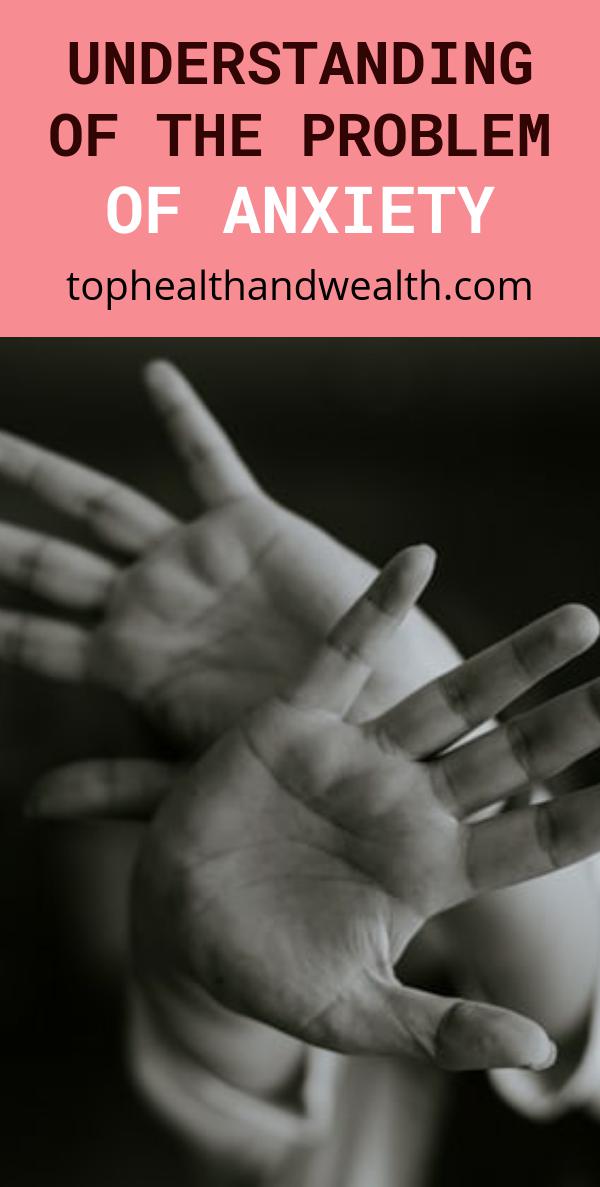Anxiety is a feeling of fear, worry, apprehension, or even an underlying sense of insecurity. It’s common to confuse anxiety with panic attacks, but it’s the latter that is more common in people. It often occurs when there’s something that we’re afraid of, and we react to it in an irrational way, or in a way that is similar to our fear.
Most people who suffer from anxiety disorders feel that they’re not in control of their own bodies. It can be quite debilitating and can affect our social lives. There are a few other physical signs associated with anxiety disorders, such as heart palpitations, sweating, tightness in the chest, and headache. The fact is that all these symptoms and others are similar to an anxiety attack.

The most common types of anxiety disorders are social anxiety, panic disorder, obsessive-compulsive disorder, post-traumatic stress disorder, generalized anxiety disorder, and seasonal affective disorder. There are other types, which are not easily identified. The most common thing about these types of anxiety disorders is that they are long-term and often disabling. Therefore, the way they affect our lives depends on how severe the problem is.
In order to understand what kind of anxiety disorder you have, your doctor will do a full assessment. In many cases, your anxiety disorder may be diagnosed based on your medical history, your symptoms, and your physical examination. Your doctor may also order certain tests in order to get a better understanding of the problem.
In order to diagnose you of having a medical condition, you may be given a series of blood tests, a complete physical, and psychological testing. One of the things they’ll do is check your thyroid function. They’ll look for signs of thyroid imbalance, called hypothyroidism. This is commonly found in patients with anxiety disorders.
There is an overactive form of this hormone, known as hyperthyroidism, which is a condition that may lead to an anxiety disorder. They’ll also do some tests to see if your thyroid is producing enough serotonin. This is also a condition that may lead to an anxiety disorder.
Many people who suffer from anxiety disorders also suffer from a loss of interest in hobbies and activities. This can also affect your social life. If you notice that you’re spending too much time thinking about things that you’re interested in, maybe it’s time to look into your anxiety disorder. Once you’ve been diagnosed, you’ll have options for treatment.
Your doctor may prescribe medication. This can be either a neuroleptic, which controls the nervous system or a selective serotonin reuptake inhibitor (SSRI), which works by blocking the brain’s receptors for serotonin. Other medications that may be prescribed are anti-depressants and beta-blockers.
Medications can cause a lot of side effects, and it’s important to understand all of them before taking them. Some of the common ones include constipation, dizziness, dry mouth, elevated blood pressure, muscle pain, fatigue, headaches, nausea, and vaginal bleeding. Allergic reactions to the drugs may occur, and if you’re a smoker, you may have to quit to prevent the side effects.

With some medications, you can experience certain changes in your sleep pattern. Usually, it’s natural, since the drugs are meant to act on the nervous system. But with SSRIs, it can make you feel drowsy and sleepy throughout the day. So make sure to discuss all of these potential side effects with your doctor before you start taking any medication.
The good news is that there are ways to treat anxiety and depression without drugs. There are natural remedies, techniques, or even just lifestyle changes that can help you deal with this anxiety,
